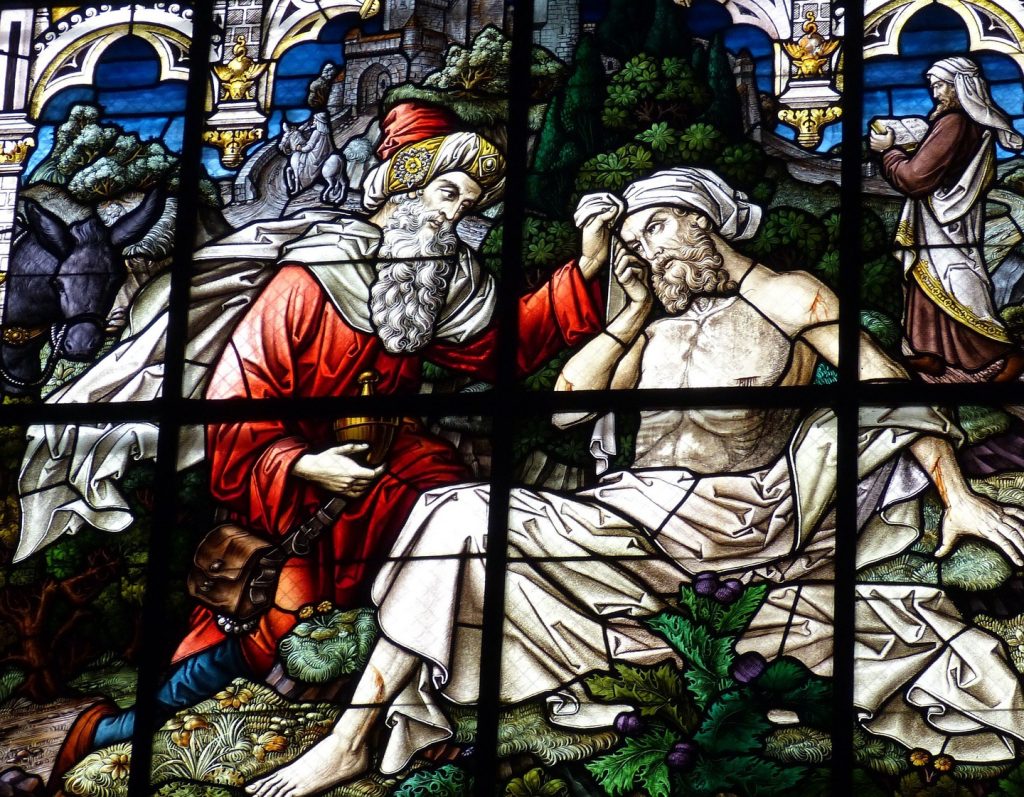
“For I have not come to call the righteous, but sinners.”
Hanging around godly people is a blessing. They are worshipful people, and worship of God Most High is what we were created for. It is a special kind of blessing to stand with others who know Christ and sing songs of praise, because enjoying God together is something only the godly can experience. Godly people are also hospitable, kind, gracious and generous. So being with them means we are generally treated well. More than that – they are at peace with God, at peace with themselves and at peace with others. That means they are safe. We can be ourselves and know that our rougher edges are not building walls. These things mean godly people are generally a lot of fun to be around.
Besides which, God’s people are commanded to gather together. Gathering together gives us opportunities to praise Him, to testify of His glory and power, to fellowship with each other and to practice the sacraments. As Hebrews 10:25 says, “Let us not give up meeting together, as some are in the habit of doing, but let us encourage one another—and all the more as you see the Day approaching.”
That commandment, together with how enjoyable it is to be around each other, makes it easy for the believer to assume that the Kingdom of God consists entirely of surrounding oneself with other believers. But the Kingdom of God does not consist of trying to live in glory while we are still in a fallen world. The joys of being with godly people are only one part of the Kingdom. There is another joy to be had – to physically see God taking new ground in expanding His Kingdom.
Of course, if you want to see that, you have to look for where it is happening. That’s primarily in the lives, and in the work, and in the family life of sinners. For when His Kingdom invades those places, they become altogether different places; Peace replaces fear, love replaces apathy, grace replaces vengeance. It truly is a sight to behold.
You can of course see the Kingdom of God expand when the godly get together too; Some have been healed while worshipping, others have been visibly affected through teaching and preaching. But those are – in great honestly – rarities. Mostly, our experience of the Kingdom when we are with godly people is the Spirit’s witness that it (the Kingdom of God) is expanding in their (and our own) hearts and minds.
But when we are with those who recognize their own sin, we can hear it expand in their confessions and testimonies. We can see it expand in both the loss of old habits and in newfound thirst for God’s Word. Being with those who are being transformed into disciples of Christ is a visceral experience of the Kingdom of God for us, as well as them!
This is a particular joy that all disciples of God are called to experience – the joy of making other disciples. It is this work that Christ came to do, and it is the joy He calls all of us to experience. As often and as much as we can!
Friendship can be a bridge for bringing people to Christ. Many times we try to influence people without first making them our friends. It seldom works.
Robert Shannon
APPLICATION: Thankfulness
The wonder of the Kingdom of God is that doing the hard things God asks us to do brings far more joy into our lives than doing the say things our selfishness desires.










